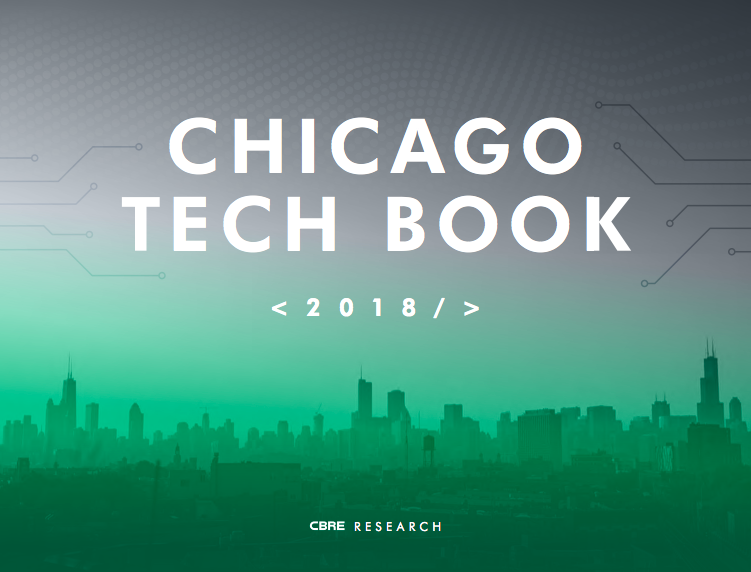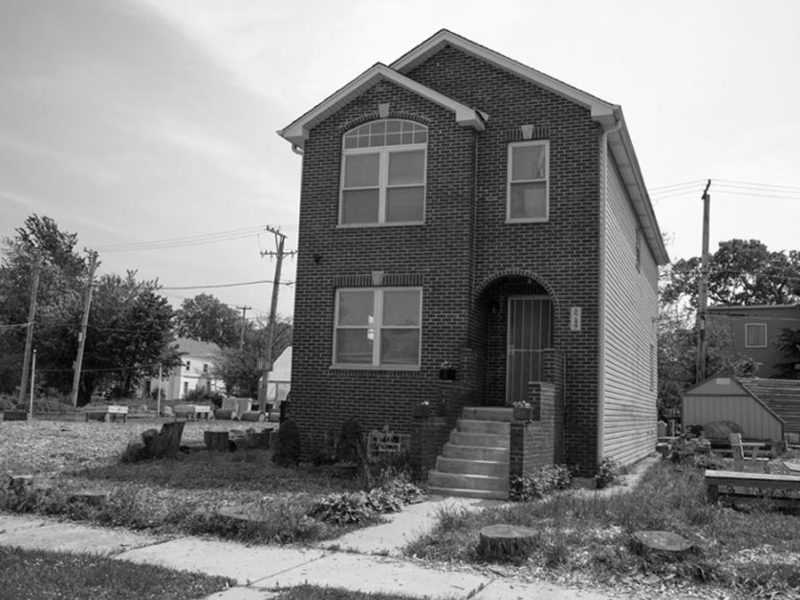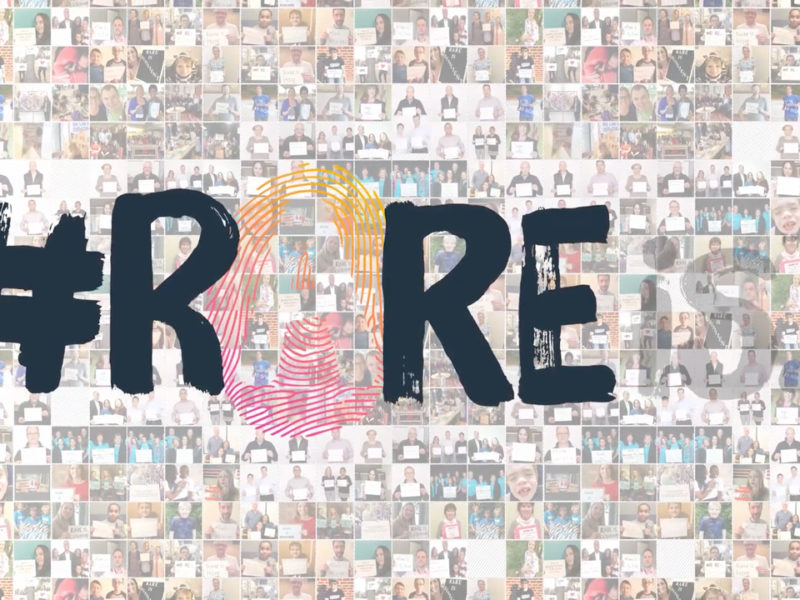
Is Chicago the New Home of Tech? CBRE Weighs In
Have you noticed an influx of tech companies calling Chicago home? This isn’t by accident. According to our partner and real estate services and investment firm CBRE, the Chicago Central Business District (CBD) tech market has nearly doubled its footprint since 2014 with a footprint today that’s nearing 14 million square feet. CBRE took a deep dive into this growing industry and has surfaced their results in a tech book available for download now. We sat down with CBRE Executive Vice President Brad Serot to get his take on this tech boom and to learn more about his expectations for the future.
Chicago’s tech footprint is growing fast. Why do you believe the city has become a popular place for startups, incubators, and accelerators?
Chicago has a lot going for it. On a macro level, we are centrally located and we are a fraction of the cost from a real estate perspective compared to the coast. Then, you top it off with two amazing factors: there’s phenomenal universities feeding into the city and we are a world-class city. These factors have led large, established, mature, coastal tech firms to look to Chicago as a great place to diversify, recruit, and retain [talent]. Organic startups have also found that there’s a lot of talent here—and there’s ample money to help them launch their businesses.
River North has the highest concentration of tech companies that call it home, with the Fulton Market/Far West Loop area not too far behind. What is it about these particular neighborhoods that make them so appealing to the industry?
Cost, community and differentiation are all things that a lot for earlier stage and young tech firms look for. Flexibility—or agility, as we like to call it—is everything. River North isn’t a young neighborhood anymore; it’s an established neighborhood with timber loft properties that have a lot of character. Fulton Market is a much newer neighborhood, but the draw is a little bit different. It’s not as proximate to public transportation, but it’s near all of the best restaurants and night life happening in Chicago today. As a way to recruit and retain, you want to make sure your employees feel that your office space is not only a great place to work, but that the neighborhood that surrounds it is also an amenity.
CBRE’s Chicago Tech Book mentions that the city has seen a particular influx of highly established coastal tech companies finding their Midwestern home here. Why Chicago versus cities like Milwaukee, Cleveland, or Detroit?
When you look at other midwest cities, they are years behind Chicago. We are a world-class city and those are tertiary cities to Chicago when you consider the infrastructure, the transportation, the education, and the cost. If you are going to go to a midwest city when you graduate college, Chicago is your first choice. The talent is here.
As you look to the future, what can we expect to see as this industry expands its footprint?
I predict that Chicago is going to be a leader within the US, right next to San Francisco. We’ll be on the forefront of the tech evolution with some of the best talent and employee base for technical jobs, because the city, state, and investment community here are devoting time and resources in the infrastructure for education that specifically benefit tech firms.
DOWNLOAD CBRE’s CHICAGO TECH BOOK 2018 today for a deeper dive into tech in the Chicago CBD and to learn what we can expect looking forward.




